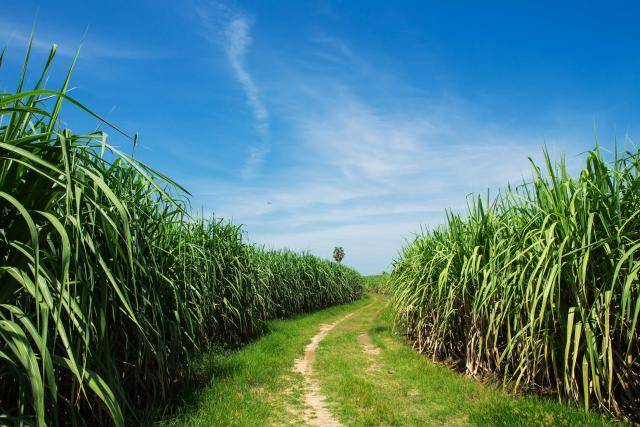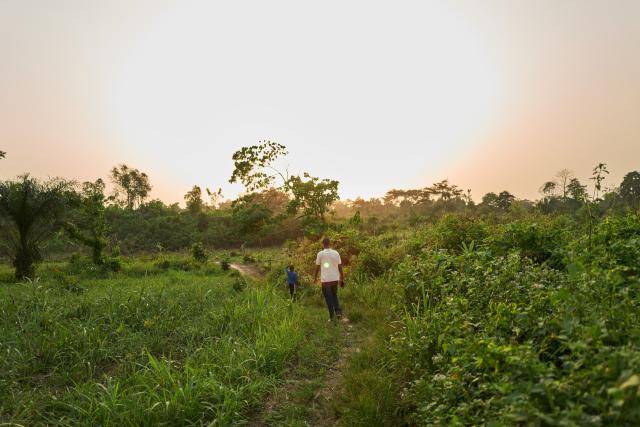Safeguarding human rights

Safeguarding human rights
Barry Callebaut respects and promotes human rights across our operations and throughout our entire value chain, in line with the United Nations (“UN”) Guiding Principles on Business and Human Rights (“UNGPs”). Our commitments align with the principles set forth in the Universal Declaration of Human Rights, the UN Convention on the Rights of the Child (“CRC”), the African Charter on the Rights and Welfare of the Child. Additionally, we adhere to the OECD Guidelines for Multinational Enterprises. We strictly adhere to local labor laws in our factories and offices around the world. The stricter standard of either International Labor Organization (“ILO”) Convention 138 or local legislation determines our minimum age for employment.
The Human Rights statement describes Barry Callebaut’s approach and efforts in 2023/24 toward safeguarding human rights and ensuring that slavery and human trafficking are not taking place in any part of our business and our supply chain. It is made in accordance with Canada’s Fighting Against Forced Labour and Child Labour in Supply Chains Act 2023 (the “Canadian Act”), the United Kingdom’s Modern Slavery Act 2015 (“UK MSA”) and the California Transparency in Supply Chains Act of 2010. It addresses the period from September 1, 2024 to August 31, 2025. The French version is available via this link.
The statement outlines our organizational structure, supply chain and due diligence processes to identify, prevent and mitigate human rights risks across our operations and supply chains. It highlights our commitment to human rights through comprehensive risk assessments, supplier audits and training, ensuring compliance with legal standards in the UK and California, among others.
Identifying, assessing and addressing human trafficking, forced and child labor risks
Barry Callebaut sources cocoa and other commodities from regions where child labor is widespread. Instead of ceasing sourcing, the company follows the UNGPs by assessing, monitoring, preventing, mitigating and remediating on the ground the risk of children becoming involved in child labor. This means, understanding which farming communities are most at risk, and providing these farming communities with the necessary support through a combination of poverty alleviation, access to quality education and adequate social infrastructure and awareness raising.
Child labor is a complex issue, and our Forever Chocolate commitment demonstrates our belief that all forms of child abuse have no place in a sustainable future for chocolate. Accordingly, we strongly condemn all forms of child abuse, including forced labor, slavery, child labor and all practices that exploit children and adults or expose them to harmful or hazardous conditions. Child labor, which according to the International Labor Organization is widespread in African agriculture, occurs largely on family farms and is defined as children doing work when too young or work that endangers them.
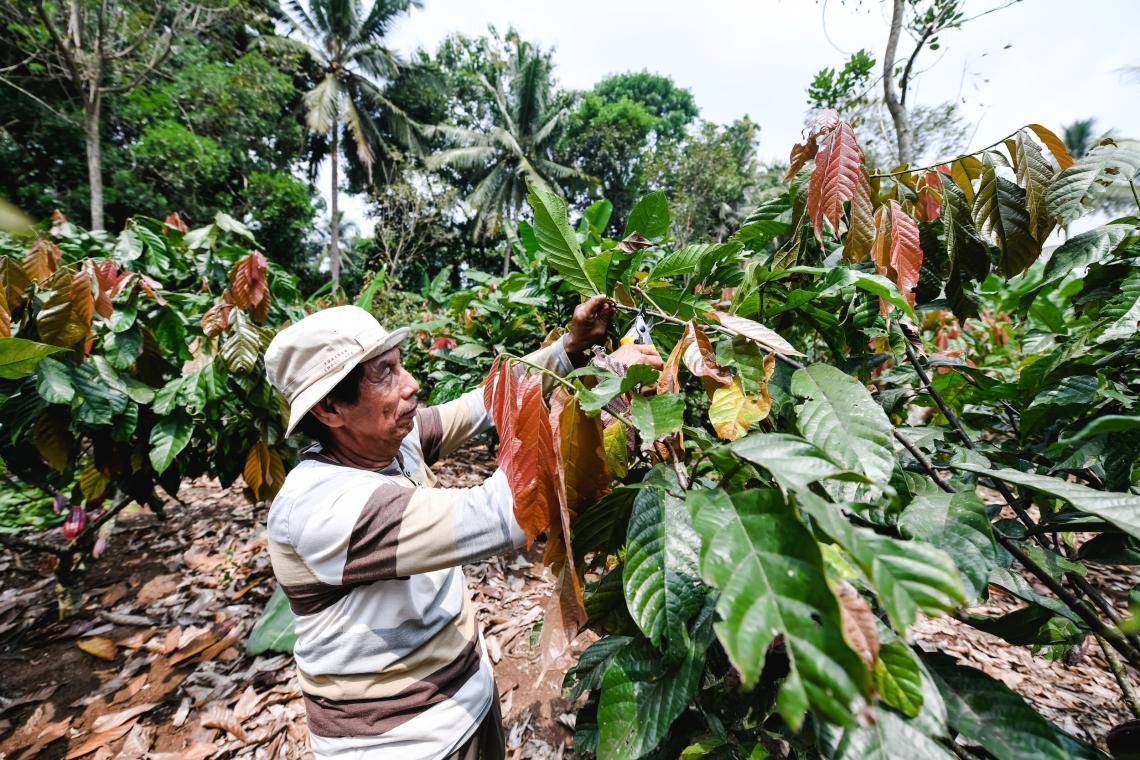
We strongly condemn forced labor, slavery and all practices that exploit both adults and children or expose them to harmful or hazardous conditions.
Assessing and addressing human trafficking, forced and child labor risks
Barry Callebaut is committed to addressing human trafficking, child labor, and forced labor risks across our operations and supply chain. We have clear global policies, guidelines, and standards that are regularly updated to align with our human rights commitments.
Supplier Code and Sustainable Sourcing Policies
We expect our suppliers and their employees, agents and subcontractors, to share our strict commitment to human rights, particularly the eradication of forced labor and child labor. Our Forever Chocolate sustainability strategy commits us to sourcing 100% sustainable ingredients, which means, certified or verified and, critically, traceable to farm level by 2030. Barry Callebaut’s Supplier Code details our expectations towards suppliers with regards to compliance with laws and regulations, human rights as well as environmental impact. Our suppliers must comply with all applicable local and national laws, rules, regulations and requirements of the country in which they grow, manufacture, distribute or provide products or services. We further expect suppliers to respect and comply with international labor standards as defined by the core conventions of the ILO, including freely chosen employment, no child labor, freedom of association, legal and fair compensation, no excessive working hours, no discrimination, respect and dignity, and safe and healthy working conditions.
To verify compliance of our suppliers with the principles set forth in the Supplier Code, we work with the Sedex platform and SMETA audit system. To leverage synergies we also accept other audit protocols that have been benchmarked by AIM Progress.
In addition, we have developed a set of ingredient-specific guidelines with detailed provisions for ingredients such as beet sugar, cane sugar, cocoa, coconut, dairy products, nuts, palm oil, soy, vanilla and more. These guidelines supplement our Supplier Code and focus on the principles we deem important to drive sustainable impacts in the respective ingredient supply chains. They also list the standards and programs we work with to monitor our suppliers’ progress towards these principles.

Our “Forever Chocolate” sustainability strategy, sector issues and related actions is communicated regularly via the company intranet, the corporate website, and internal and external publications.
Human rights due diligence: Independent third-party verification and audits
Barry Callebaut applies an overarching human rights due diligence framework modeled after the OECD Due Diligence Guidance for Responsible Business Conduct. To assess and mitigate human rights risks, we follow a data-driven risk analysis approach. It follows the UNGPs, which state that “to prioritize actions to address actual and potential adverse human rights impacts, business enterprises should first seek to prevent and mitigate those that are most severe or where delayed response would make them irremediable”. For all the ingredients we source, we use Verisk by Maplecroft as a first step. Verisk quantifies the salient human rights risk at a country and ingredient level. For high-risk ingredients such as sugar cane and vanilla, we rely on third-party sustainability certification requirements and ESG third party due diligence processes. As we do not directly source from the farmers in these supply chains, we rely on third-party audits for compliance. As a result we ensure that all ingredients from regions at high risk of child labor involvement are certified or verified sustainable.
Barry Callebaut follows the international standards as defined by SEDEX. All our sites have conducted initial SMETA audits, which cover (child) labor, health & safety, environment and business ethics standards.
We believe the highest risk for child labor in our supply chain stems from the cocoa we source from Ghana and Côte d’Ivoire, where an estimated 1.56 million children were involved in child labor for cocoa cultivation in 2018/191, primarily on family-owned farms. As such, third parties conduct in-depth Human Rights Impact Assessments (“HRIAs”) for the main cocoa sourcing countries and regions. Results of the HRIAs are used to prioritize and develop our interventions and engagement with suppliers. This is followed by in-depth, independent HRIAs for all the main cocoa sourcing countries and regions. Following Ecuador in the previous fiscal year, in 2022/23 HRIAs were conducted in Brazil, Cameroon, Côte d'Ivoire, Ghana, Indonesia and Nigeria. Results of the HRIAs are now being used to prioritize and develop our interventions and engagement with suppliers.
1 NORC Report (2020), Assessing Progress in Reducing Child Labor in Cocoa Production in Cocoa Growing Areas of Côte d’Ivoire and Ghana. University of Chicago
Child labor due diligence
Child Labor Monitoring and Remediation System
In 2024/25, we continued to monitor and identify cases of child labor in our cocoa supply chain in West Africa via our Child Labor Monitoring and Remediation System (“CLMRS”) based on the industry practice as developed by the International Cocoa Initiative (“ICI”).
Implementing individualized remediation interventions for a child and their family requires time – both to build trust and determine the best course of action. According to ICI recommendations, a case is considered remediated only after two consecutive onsite inspections confirm that the child is no longer subjected to child labor. If child labor is identified during a follow-up visit, the remediation plan is reassessed and monitoring continues. The full process - from identification to remediation and two follow-up visits- takes at least 12 months.
We work closely with ICI to remediate identified cases through a comprehensive approach that prioritizes education, social issues and gender-related considerations. Our remediation activities include providing school kits and birth certificates, ensuring legal protection and school access, raising awareness on child labor through training for families and communities, and conducting follow-up visits to farmer homes.
Child labor due diligence: Community development approach
Alongside our work on CLMRS, we advanced our efforts to strengthen our supply chain and community child protection systems, while further expanding the implementation of our grievance mechanism, and developing and testing new child-friendly monitoring tools. Given the scale of child labor in West Africa, it is not possible to tackle the issue of child labor case by case, alone. Therefore, Barry Callebaut advocates for a wider community development approach to create a protective environment where children can realize their rights and full potential. We take a holistic community systems approach, addressing interconnected challenges through an iterative process with our partners. Our interventions focus on identifying high-risk communities and providing targeted support by strengthening the local child protection systems, improving access to quality education and adequate community infrastructure, and enhancing livelihoods.
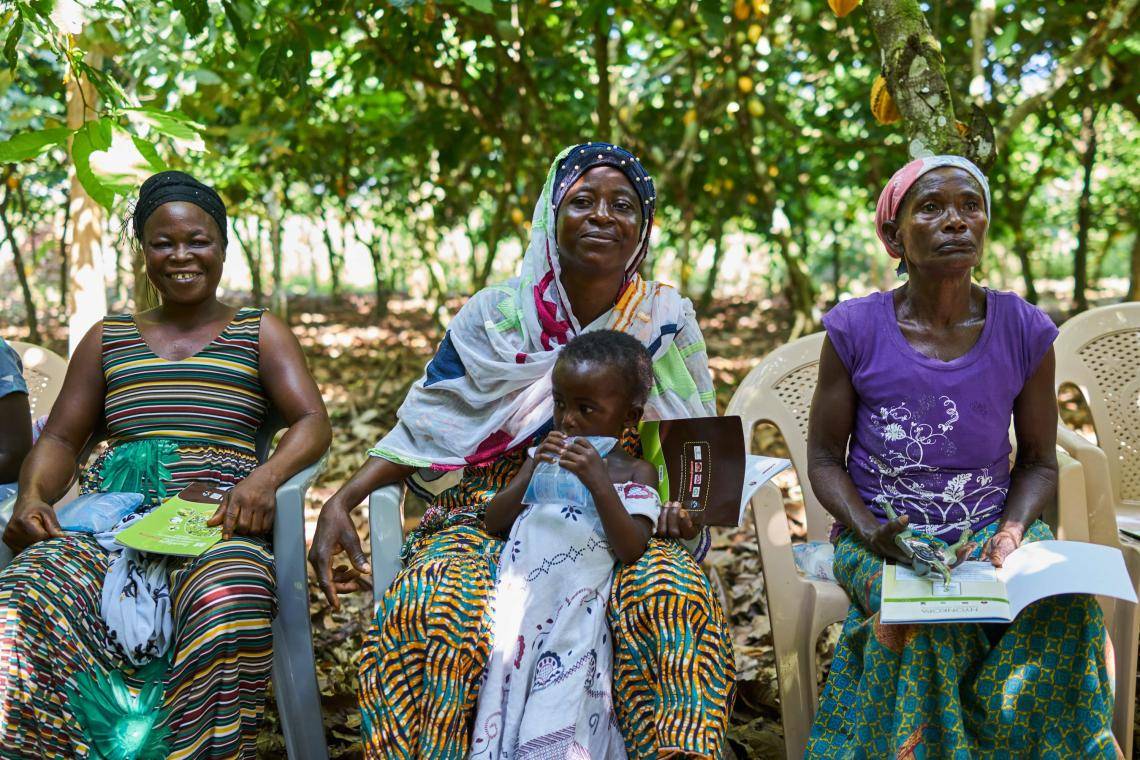
At Barry Callebaut we firmly believe that focusing on increasing production volumes from a smaller group of farmers, who can then achieve a living income through a combination of better yield, larger farms, and higher farm gate prices, is the key.
Supporting our suppliers’ due diligence processes
In the cocoa communities we source our cocoa, we are supporting our suppliers in setting up their due diligence process. As such, we support the establishment of Human Rights Committees (“HRCs”) at the farmer group level. We assist them in developing their Human Rights structures and function and enable them to effectively assess and address adverse human rights impacts in their cocoa supply chain operations. The HRCs oversee and manage the prevention, identification and remediation of human rights violations. Child protection training and awareness raising is also a key aspect of our strategy in the cocoa communities we source from.
Training and capability building
We prioritize building awareness and capabilities on human rights risks through comprehensive informal and formal training programs for our employees.
All Barry Callebaut employees, representatives and business partners (suppliers, vendors, consultants, volunteers, etc.) must respect local laws and regulations related to human rights and adhere to our policies and codes in a way to ensure that no human being we come into contact with through our business operations is placed at risk of harm or abuse.
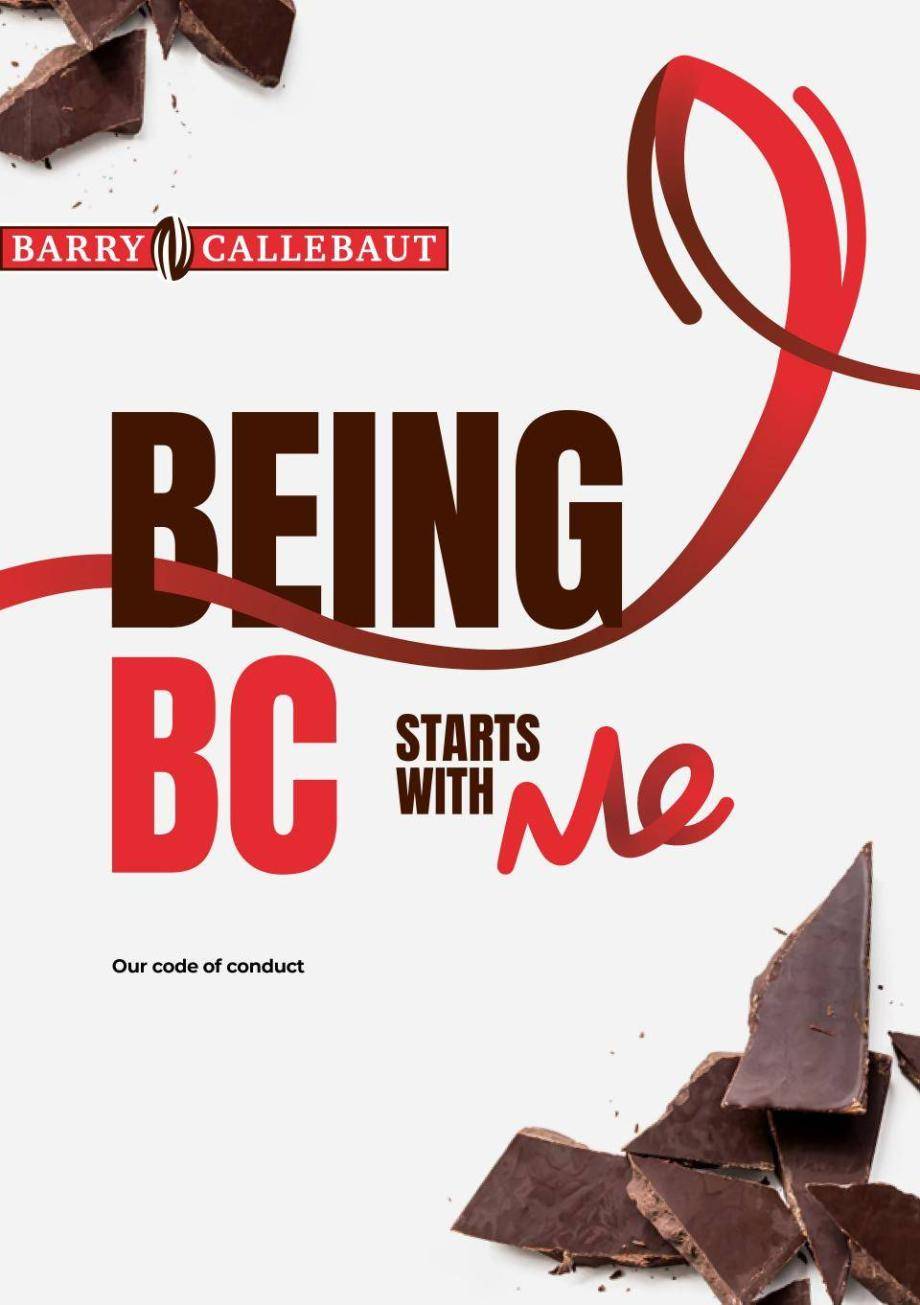
Barry Callebaut's Code of Conduct
Barry Callebaut Code of Conduct
Our Human Rights Statement builds on the principles in our Code of Conduct, that sets forth mandatory principles and requirements for behavior. Our Code of Conduct applies to all BC Group employees and is complemented by global and local policies. It articulates our minimum standards regarding human rights, forced labor and child labor. Expectations and procedures for reporting wrongful acts or suspected wrongful acts in violation of the Code are communicated to all employees. It is the responsibility of each employee to uphold the principles of the Code and employees are encouraged to seek advice and to raise questions or concerns at any time with their manager, Human Resources or Group Legal & Compliance if they have reason to suspect non-compliance with the Code of Conduct. Approved by the Executive Committee and signed by the CEO, the Code is available in 17 languages. In addition, the Chairman of the Audit, Finance, Risk, Quality & Compliance Committee (“AFRQCC”) is regularly updated on compliance cases and activities.
Grievance mechanism
BC Group employees who witness behavior suspected to violate the BC Group's Code of Conduct or the law are encouraged to raise concerns directly with the individual involved, their manager or local HR. If this is not possible or they feel uncomfortable contacting their line manager, they can report through our Integrity Line, a dedicated whistleblowing platform that allows anonymous reporting. Employees can also call the Integrity Line hotline (24/7).
Internal accountability
The BC Group’s ESG (Environmental, Social, and Governance) strategy is overseen by the Board of Directors of Barry Callebaut. This oversight includes aligning the business and ESG strategy and ambitions, ensuring a long-term vision on the development of our business value, and actively identifying and managing actual and forward-looking risks. The Board of Directors of Barry Callebaut ensures that adherence to regulations and sustainability topics and matters are fully integrated into the purpose, strategy, decision-making, risk management, and accountability reporting.
The AFRQCC of Barry Callebaut, a sub-committee of the Board of Directors of Barry Callebaut, reviews our internal system controls, risks, quality, and the reliability of our external reporting. It also oversees the implementation of ESG processes, controls and robust reporting and the direct integration of ESG into the audit structure and the relationship with investor relations.
Sustainable and responsible farming and business practices
Cocoa cultivation, unlike many other food crops, heavily relies on manual labor in many cocoa-growing regions. Most of the world's cocoa (almost two-thirds) comes from Côte d'Ivoire and Ghana, where it is cultivated by mostly independent smallholder farmers who supply various companies, and sometimes via several cooperatives. Cocoa farmers, along with their families, typically live in villages and travel to work on their farms. Most of the work and labor on the farm is carried out by the farmer and their families, themselves. Farmers face a challenge when it comes to making a living from a small farm. According to data from Agri-Logic for the 2021/22 production season in Côte d’Ivoire, the average cocoa farmer is 50 years old. The average household size is 10.6 people, which decreases to 7.5 people when excluding dependents who may or may not be relatives but nonetheless rely on the farm. Farms have an average size of 5.9 hectares, with approximately 3.8 hectares primarily dedicated to cocoa cultivation. There are an average of 1,347 cocoa trees per hectare2.
Increasing cocoa yield for smallholder farmers is difficult as it requires substantial investment in labor-intensive and time-consuming pre-harvest activities and costly farm inputs, such as soil fertilizer. However, the average farmer in West Africa currently spends 70% of their time doing post-harvest activities and only 30% doing pre-harvest activities.
At the same time, cocoa accounts for a significant part of these smallholder farmers’ income, 70% to 85% in Côte d’Ivoire3 and two-thirds in Ghana4. At Barry Callebaut, we aim to transform the way cocoa is produced by enhancing the existing farming model in Côte d'Ivoire, West Africa, and beyond.
For more information regarding our approach, please view our latest Forever Chocolate Progress Report 2024/25, (published November 2024).
2 According to the white paper "Farmer yield and income in Côte d'Ivoire, an analysis of Farmer Field Books (FFBs)", summarizing the key findings of six years of collaboration between Barry Callebaut, IDH, Rainforest Alliance and Agri-Logic with a focus on data collected during the cocoa agronomic season of 2021/22
3 Pluess, J. (November 2018), Children’s Rights in the Cocoa-Growing Communities of Côte d’Ivoire, Abidjan: UNICEF Côte d’Ivoire (accessed August 5, 2021)
4 Cocoa Farmers in Ghana experience poverty and economic vulnerability (2017)
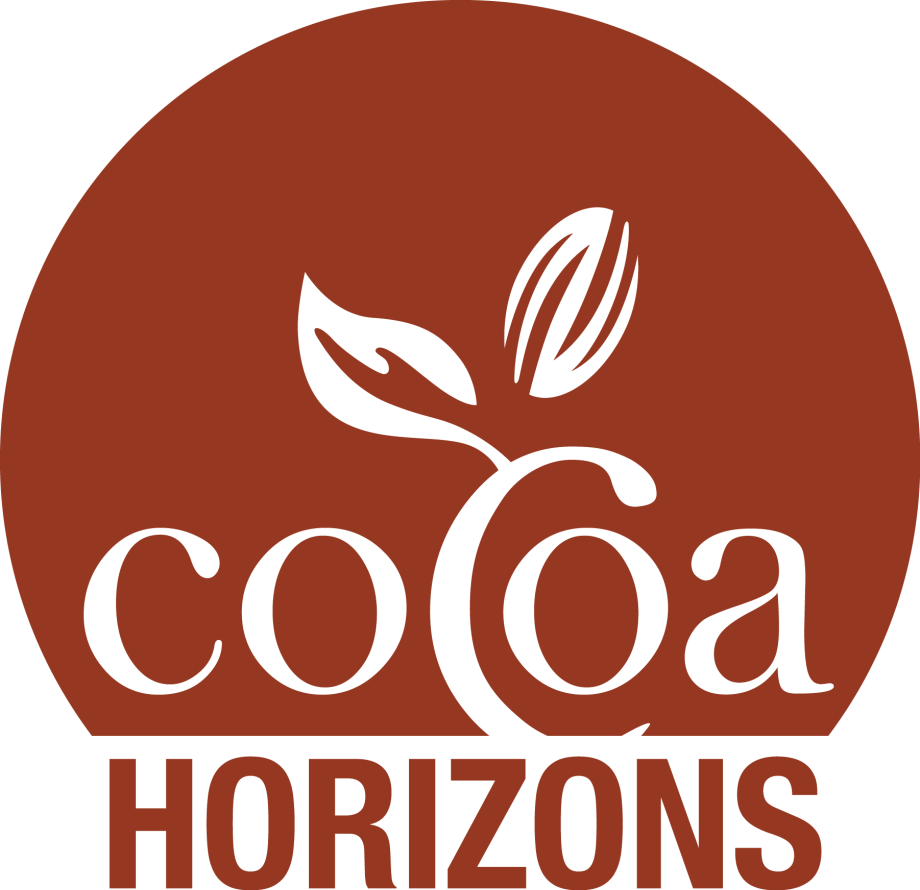
The Cocoa Horizons Foundation was created by Barry Callebaut to help shape a sustainable future for cocoa and chocolate.
The Cocoa Horizons Foundation was established in 2015 by Barry Callebaut with the mission of improving the livelihoods of cocoa farmers and their communities through the promotion of sustainable, entrepreneurial farming practices, improved productivity, and community development programs that protect nature and children. In 2022/23, premiums from the purchase of HORIZONS cocoa products generated CHF 50.1 million in funds, an increase of over 30% compared to prior year. Today, Cocoa Horizons supports 304,050 cocoa producers across seven countries. For more information on Cocoa Horizons, please visit the official Website.
Systemic Change together with all supply chain actors
Achieving a fully sustainable cocoa and chocolate sector requires collaboration across the supply chain. Structural change, particularly in poverty reduction and child labor, forced labor and human trafficking prevention, depends on government action in cocoa-producing countries to improve traceability, infrastructure and policy enforcement. At the same time, regulatory intervention in cocoa-consuming regions is needed to increase the demand for sustainably sourced cocoa.
We are committed to mobilizing key stakeholders to support a transformative cocoa farming model that generates a living income and protects human beings from exploitation. In December 2019, we partnered with industry associations, companies and NGOs to advocate for EU legislation on mandatory due diligence for cocoa supply chains. We support the Directive on Corporate Sustainability Due Diligence (“CSDDD”) which will provide impetus to strengthen an enabling environment, as well as the market pull, for sustainable cocoa.
We believe regulatory and multi-stakeholder initiatives represent an important step forward in driving the necessary transformation of the cocoa sector, and are important building blocks for making sustainable chocolate the norm.
Establishing industry-wide sustainability standards and programs is essential for the sustainable sourcing of raw materials, as certification is only the starting point. We have continued to work with suppliers and industry programs to define and implement sustainability standards for all ingredients we source. Our approach has been built on the view that sustainability impacts can be effectively scaled up only if they are embedded in and supported by government policies. Also, we are a signatory of the 2024 Child Labor in Cocoa Coordinating Group (“CLCCG”) Framework of Action, which is committed to combating child labor in the cocoa sector.
More information on these and other achievements, as well as on our approach and measured impact, is provided in our latest Forever Chocolate Progress Report 2024/25.
Progress Reporting
The information provided above, as well as detailed information and progress reporting about our sustainability strategy, programs and activities, is available on the Barry Callebaut corporate website and our Forever Chocolate Progress Report 2024/25. We will be regularly updating our posted information.

